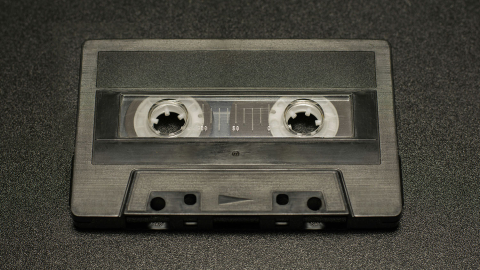Take a few minutes to ponder how Cher's hit song may apply to your current situation before asking yourself the following questions:
- Do I have a copy of the content somewhere?
- Maybe somebody asked you to post something and sent it to you via email. Or you were asked to publish a document that was written by a committee. This means that a copy of the text must exist somewhere. If that's the case, you can just recreate the lost page.
- If you have a staging site (https://staging.mcgill.ca/<your-site-name-here>), you can see if the deleted page exists there. Just don't ask for your staging site to be reset before you're able to copy the content over.
- Is the deleted page cached somewhere?
- The Wayback Machine is a searchable internet archive which is the bane of anyone who's ever tweeted and deleted. In this particular case it would be your new best friend. Just go to https://archive.org/web/ and enter the URL of the page you accidentally deleted. It may not have the most recent version, but it could provide you with enough content to start drafting a replacement.
- Google Webcache. Don't see what you need on the Wayback Machine? See if your page still exists in the limbo of Google's webcache:
- Go to https://www.google.ca/
- Enter the URL of the page you accidentally deleted
- On the top or best search result, click on the small green arrow to the right of the URL, then on Cached

- This will show Google search's latest cached version of the deleted page. It may not have the correct styling or fonts but you will at least see whatever text or images were lost.

- All hope is lost. Can I just have my website restored?
- Yes, but keep mind that your site can only be restored to the last available backup from before you deleted the page. This means that any changes to the site that had been made after the backup was created will also be lost. This is why restoring the database should only be considered as a last resort.
- If you had uploaded any files to that page that have not been embedded on other pages, the files would have been deleted as well. You will also need to ask for your files to be restored.
- Before asking for your files to be restored, please verify if they still exist on your site by going to admin/workbench/files
- Note that the files and database backups are not made at the same time, so you will have to help determine which combination of backups will work best.
- If you're prepared to accept the risks associated with having your site's database and/or files restored, then send a request to itsupport [at] mcgill.ca and ask for it to be assigned to the Web Service Group so we can coordinate your request with the database administrators.







